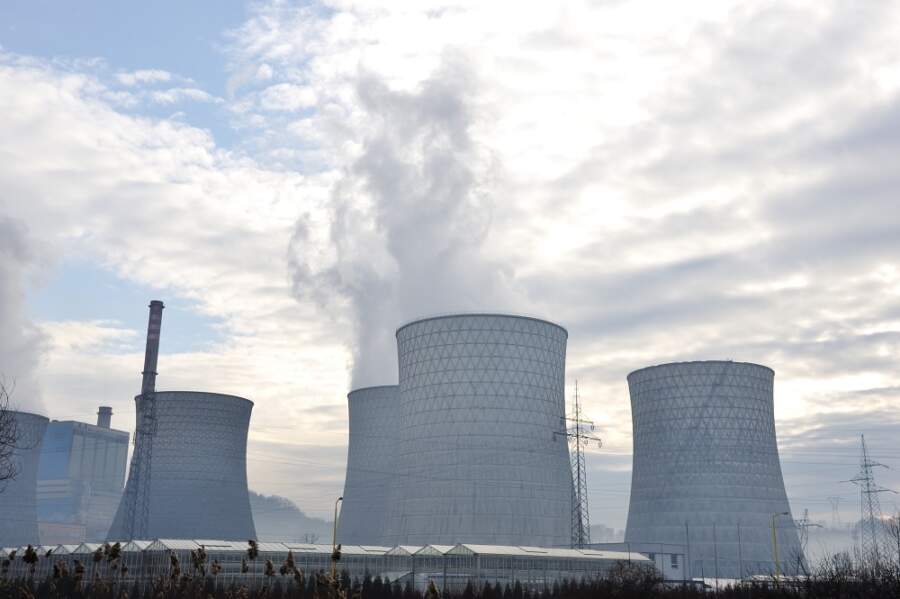
By: David Lais, Co-Founder and CPO at ecolytiq
“Data is the new oil” – a phrase that was reportedly coined by UK Mathematician and architect of Tesco’s Clubcard, Clive Humby.
Humby explained that just like oil, data is valuable but only once it has been refined. “It has to be changed into gas, plastic, chemicals, etc. to create a valuable entity that drives profitable activity.”
In effect, data needs to be broken down and analysed for it to reach its true potential.
The importance of data is clear. Just take a mere look at the ways that platforms such as Google and Facebook use personal data to build better advertising, to target demographics and customise user experiences. It has huge upselling value and is being collected from nearly everything we do on a day-to-day basis. Data’s increasing value, however, isn’t just reserved for improving advertising – it’s one of the most underused tools in the fight against climate change.
Can the collection of data help fight climate change?
Sustainability is a topic at the forefront of our society and is especially important to the Millennials and Gen Z generations. These younger generations also make up the most important and influential customer base, and it is therefore no longer surprising that numerous companies are jumping on the “sustainability” bandwagon.
As it stands right now, consumers are wholly unaware of their individual impact on the environment.
Capturing data for sustainability
Capturing data for sustainability is like a huge and very complex jigsaw puzzle; it only makes sense when all the pieces have been put together. To ensure we can complete this puzzle, we need to share information and share data. Once we can see the big picture, we can turn data into an actionable platform for change. Awareness is knowledge and knowledge is power.
That’s why when it comes to sustainability, open data is crucial if we are to push not only society, but an overall urgency on climate change further. The fundamental idea behind open data is that we need more transparency. Of course, there are privacy matters to consider, and we don’t want to share personal information. Yet, when it comes to sustainability, the real value exists when we start sharing, putting the data puzzle pieces together to form a comprehensive picture that works for the greater good.
Every year, thousands of studies connected to climate change are published. However, what is missing from this research is the direct application to our daily lives and the appropriate data from companies to go with it.
If we want to know how sustainable a product really is, we must make supply chains more transparent. We need to encourage every stakeholder involved in the process of creating a product to disclose their product impact on the environment. This way, we achieve the necessary access to data and, ultimately, the individual price and consequences for the environment.
A great opportunity for the financial industry
The solution, therefore, lies in the collection of the information and in the data itself. In my opinion, financial institutions and banks are sitting on a treasure trove of data. The growing desire from society to be more sustainable is one of the greatest opportunities that has ever presented itself in the industry and is poised to create massive growth in the banking and finance sector. Yet, the industry still only talks about the climate crisis as a “challenge.”
So, what can the financial industry do to address this challenge?
By now it is obvious that we need greater transparency, and we need to see open data as both an opportunity and a solution. The financial world could revolutionize the use of existing data to create this transparency, but also define new standards and requirements to encourage companies to share their sustainability data.
There is already so much information available to help to drive change. Of special importance here are personal bank statements that reflect your consumption behaviour. When used correctly, they can help consumers as well as companies understand their individual impact on the environment and thus achieve more transparency, build awareness and really nail down individual influence on the environment.
A digital world
We have become a digital world and digitization inevitably creates transparency. Those who understand how to use it properly and are really serious about environmental protection will always emerge as winners. Moving forward, the financial industry will play a major role in fighting climate change as it starts to embrace the opportunities available to implement a digital infrastructure for green finance. In turn, financial institutions will be able to offer their customers environmental footprinting as well as personalised impact offsetting and ESG investments, further utilising the opportunity to build a sustainable business case. And this is just scratching the surface of exciting possibilities.
One thing is clear – the most influential consumers, younger generations, want an intact and liveable world. If the financial sector can offer solutions, which help to educate them on how their spending habits impact the planet and offer them insight into how they can change their consumer behaviour to make the world a better place, then it is clear that open data can really help towards fighting climate change.
Surely now is the optimum time to start collaborating to piece together this vast and complex puzzle. If not now, then when?
This article is part of my thought leadership series. It reflects my thoughts and ideas, but the articles themselves are created by many with love and are therefore a real team effort. A special thanks to the ecolytiq and Make More Noise communication teams for helping me to shape my thoughts into beautiful words.
About Author:
David Lais, Co-Founder and CPO at ecolytiq – providing banks and financial institutions with the digital infrastructure for green finance.


